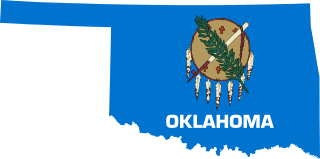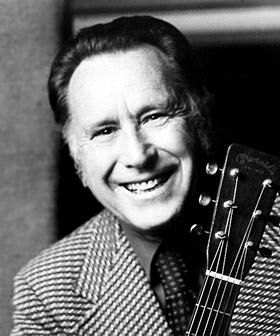Related Research Articles

"Oklahoma Hills" is a song written by Woody Guthrie. In 2001 it was named the official Folk Song of the state of Oklahoma.
This is a list of notable events in country music that took place in the year 1949.
This is a list of notable events in country music that took place in the year 1946.
This is a list of notable events in country music that took place in the year 1945.
This is a list of notable events in country music that took place in the year 1944.
"Have You Ever Been Lonely? " is a popular song with music by Peter De Rose and lyrics by Billy Hill, published in 1932. It has been recorded by many singers, becoming a standard.
"Someday You'll Want Me to Want You" is a popular song published in 1944 by Jimmie Hodges. The song became a standard, recorded by many pop and country music singers.
"You Don't Have to Be a Baby to Cry" is a song written by Bob Merrill and Terry Shand, and first recorded in 1950 by Moon Mullican.

William Toliver Carlisle, better known as Bill Carlisle and Jumpin' Bill Carlisle, was an American country music singer, songwriter, comedian, and guitarist popular in the late 1940s and 1950s but who influenced the genre for more than 50 years. He is a member of the Country Music Hall of Fame.
Soldier's Last Letter is a country music song written by Redd Stewart and Ernest Tubb and recorded by Ernest Tubb. It was released in the United States in 1944.
"Bouquet of Roses" is a 1948 song written by Steve Nelson (music) and Bob Hilliard (lyrics). It was originally recorded by Eddy Arnold and his Tennessee Plow Boys and his Guitar in Chicago on May 18, 1947. It was released by RCA Victor as catalogue number 20-2806 and by EMI on the His Master's Voice label as catalogue numbers BD 1234 and IM 1399. "Bouquet of Roses" was Eddy Arnold's third number one in a row on the Juke Box Folk Record chart and spent 19 weeks on the Best Selling Folk Records chart. In 1949, when RCA Victor introduced its new 45 RPM single format this record was among seven initial releases and the first in the Country and Western category. Arnold would re-record "Bouquet of Roses" several times during his career.
"Walking the Floor Over You" is a country music song written by Ernest Tubb, recorded on April 26, 1941 in Fort Worth, Texas, and released in the United States that year.
"There's a New Moon Over My Shoulder" is a 1944 song written by Jimmie Davis, Ekko Whelan, and Lee Blastic and made popular by Tex Ritter. The song was the B-side to Tex Ritter's, "I'm Wastin' My Tears on You". "There's a New Moon Over My Shoulder" peaked at number two on the Folk Juke Box charts.
"(Remember Me) I'm The One Who Loves You" is a song written and originally sung by Stuart Hamblen, which he released in 1950. The song was a hit for Ernest Tubb the same year, and Dean Martin in 1965. Johnny Cash also covered it on his 1957 debut album Johnny Cash with His Hot and Blue Guitar!
These are lists of Billboard magazine's "Top Country & Western Records" and "Top Country & Western Artists" for 1950, ranked by retail sales and juke box plays.

"Drivin' Nails in My Coffin" is a country music song written by Jerry Irby. It is a breakup song, telling of a man who has been drinking booze, "driving nails in my coffin over you."
The Billboard Most-Played Folk Records of 1946 is a year-end chart compiled Billboard magazine ranking the year's top folk records based on the number of times the record was played on the nation's juke boxes. In 1946, country music records were included on, and dominated, the Billboard folk records chart.
References
- ↑ Whitburn, Joel (2004). The Billboard Book Of Top 40 Country Hits: 1944-2006, Second edition. Record Research. p. 69.
- ↑ Whitburn, Joel (2004). The Billboard Book Of Top 40 Country Hits: 1944-2006, Second edition. Record Research. p. 354.